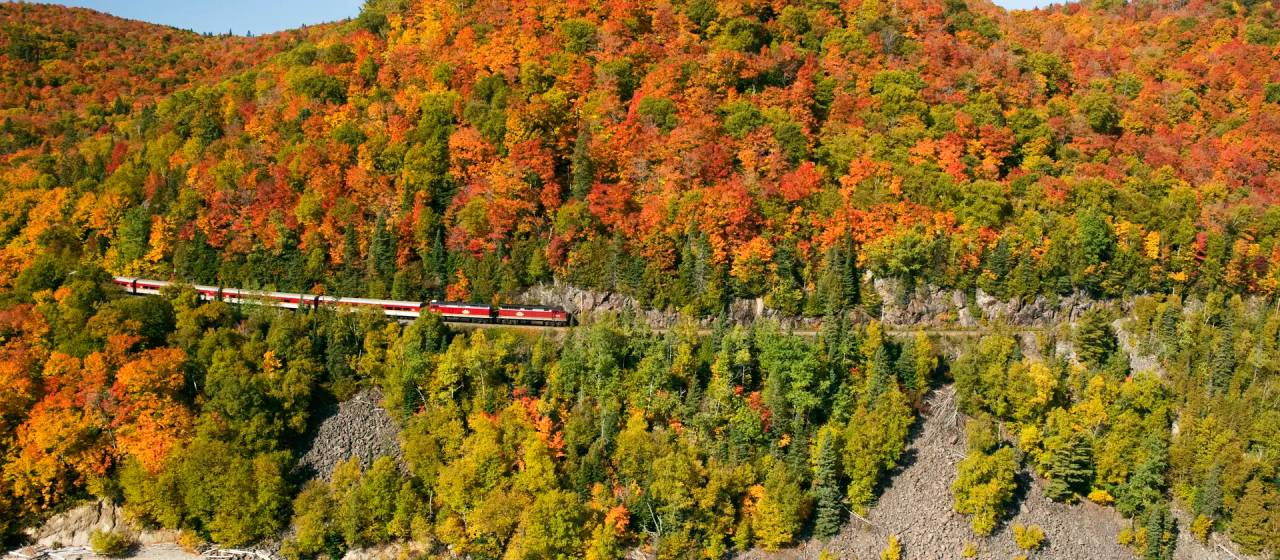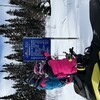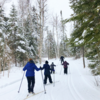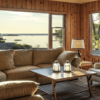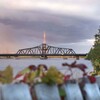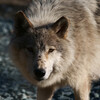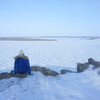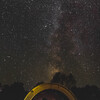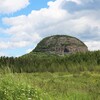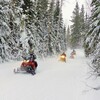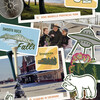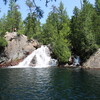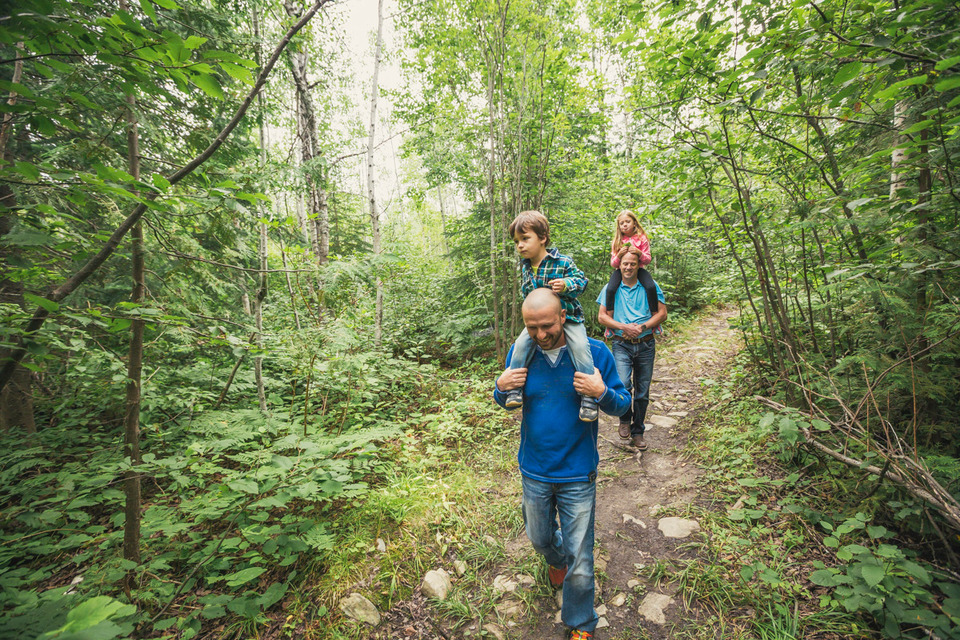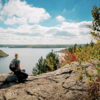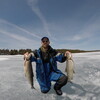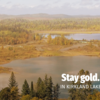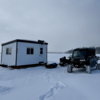
The Most Canadian Activity Ever?
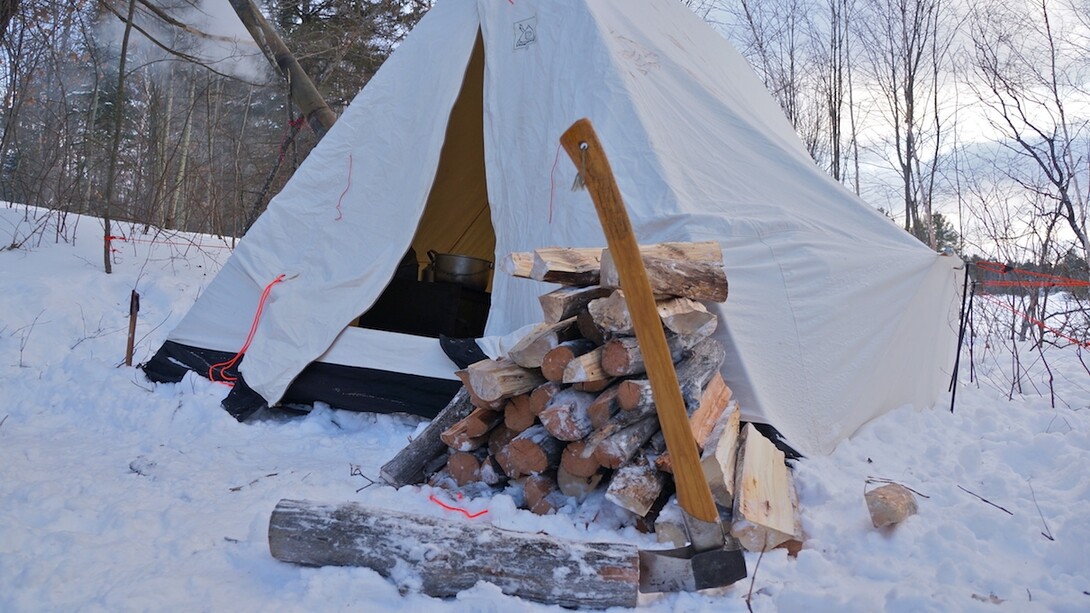
I love winter!
I spent last week winter trekking in one of my favourite places—Kukagami Lake, just east of Sudbury. It’s a perfect spot. The scenery is spectacular and ice fishing is amazing (Donald Lake has great lake trout). It’s also easy to access since The Sportsman’s Lodge, situated on the west side of the lake, on Klondike Bay, is a year-round wilderness resort and provides a perfect place to head out from.
It was good to be north again where there’s lots of snow, ice, and cold temperatures. There’s a sentence you may have never read before. I live in south-central Ontario where most people curse winter. When the temperature drops to -20, the school buses are cancelled, garbage isn’t picked up, mail delivery is scrapped. My daughter has an indoor recess most of January, all due to “severe cold.” On my last winter camping trip it reached -28 but I never was cold. Common activities like chopping wood, hauling a hefty freight toboggan, and drilling a hole through the ice for water kept me warm. I’m also dressed for it. I layer my clothes and wear lots of wool. I don’t wear blue jeans and cotton sweatshirts. Canadian winter fashion is something we should be proud of, not embarrassed about.
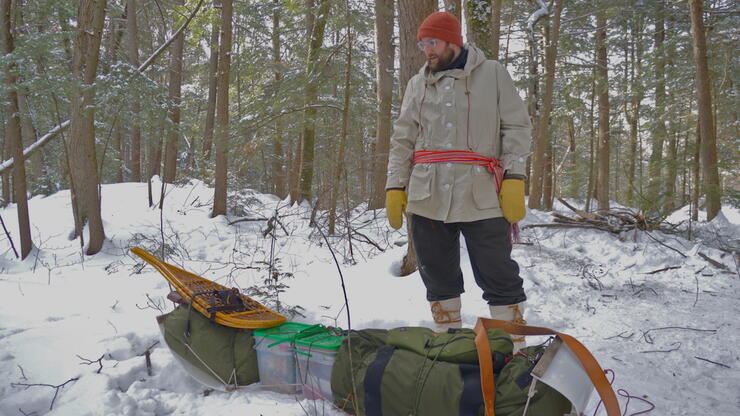
Enjoying winter is a Canadian thing. It’s part of my culture to go play out in the snow. I also like eating bacon, putting maple syrup on my pancakes, watching hockey, and drinking beer. What I definitely don’t like is to hibernate all winter because the meteorologist makes us terrified to go outside.
It seems the older people get, the less Canadian they want to be. By the time you reach your mid-life crisis, you start hating winter. Kids cherish snow days; not only because of rescheduled algebra tests but for providing some fun times of building snow forts, adventurous sled races, skating over frozen ponds, and catching crystalized snowflakes on their tongue.
There’s some kid still left in me, I guess. As an adult I still love winter, especially when it comes to camping in the frozen woods in Northeastern Ontario. I’ve bush camped in Temagami, keeping cozy inside a quinze at 20 below; weathered a few blinding snow storms inside a heated yurt in Killarney Provincial Park and Windy Lake Provincial Park; and even relaxed while baking bread on a wood stove inside my “hot” tent north of Kukagami Lake. I’ve definitely learned the advantages towards camping out in the cold, and at times I think that winter camping can even be better than summer. Seriously!
Here’s are some top benefits:
Silence
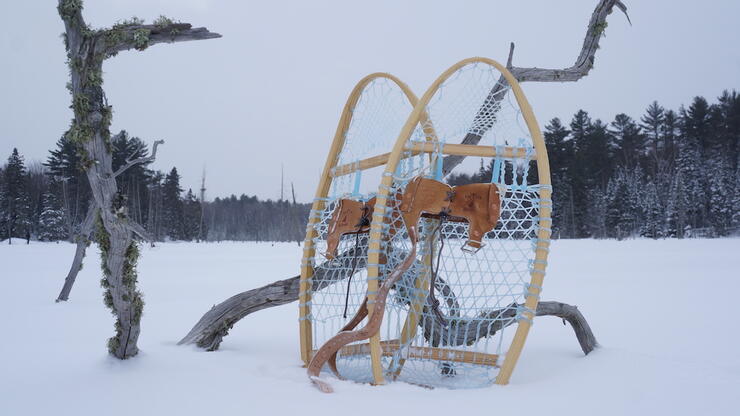
It’s so rare for us to hear absolute silence anymore. It’s pure bliss if you haven’t experienced it. The lack of city noise is obvious on a normal camp out. But winter camping is beyond that. There’s no rustle of leaves or buzz of the insects. It’s eerie at first, but quite addictive after a few times out. It’s also the number one reason why I go winter camping.
You Can Pitch a Tent in a Swamp
Its common practice to avoid pitching your tent in a designated summer site when winter camping in parks. It’s frowned upon because there’s never enough wood for you to cut and keep warm. Also, the sites are usually too exposed to the cold wind. This means, of course, it’s a free for all. You can camp anywhere you want. I choose low land swamps. There’s always plenty of dry, standing wood to cut and you’re well sheltered from the elements. Biggest bonus is that you get a chance to sleep in a swamp—something you’d never do in the summer.
Avoid the Crowds
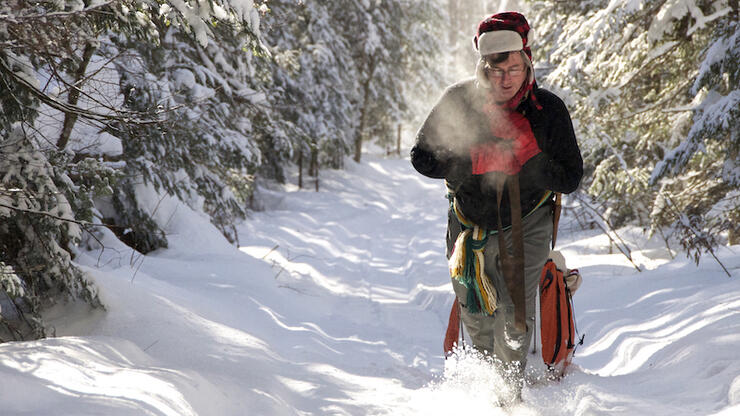
No matter how hard you promote the pleasures of winter camping, the majority of people will still think you’re whacked. But that’s a good thing. One of the greatest advantages of spending a few nights in the frozen woods is that you most likely will have the place to yourself.
No Bugs
Keep in mind how bad biting insects can be. A mosquito, for example, pierces its proboscis through your skin and spits saliva into your wound so your blood doesn’t harden, while it sucks it out of your capillaries. Nice! The only insect hanging around in the winter is the snowflea—a species of dark blue springtail that are often seen jumping around the snow on a warm winter day due to an anti-freeze type protein flushing through its body. They don’t bite and they’re really cool to watch.
Feel the Ice Crack Beneath You
Have you ever experienced lying flat on a frozen lake at midnight while the air temperature drops below -20? You can hear and feel the ice crack. It’s safe. The colder it gets the more the ice expands and shifts beneath you. Mind you, it doesn’t feel safe, and it’s actually quite spooky. But it’s a total thrill and should be placed on your bucket list for sure.
See More Wildlife
Sounds odd but you’re more likely to spot a furry woodland creature in the winter than you are in the summer. They’re easier to spot and much easier to track. On my last outing, I witnessed a pack of five wolves run onto the frozen lake I was traveling across and take down an otter (poor guy didn’t stand a chance). I would have never seen something like that in the summer.
Watching the Night Sky
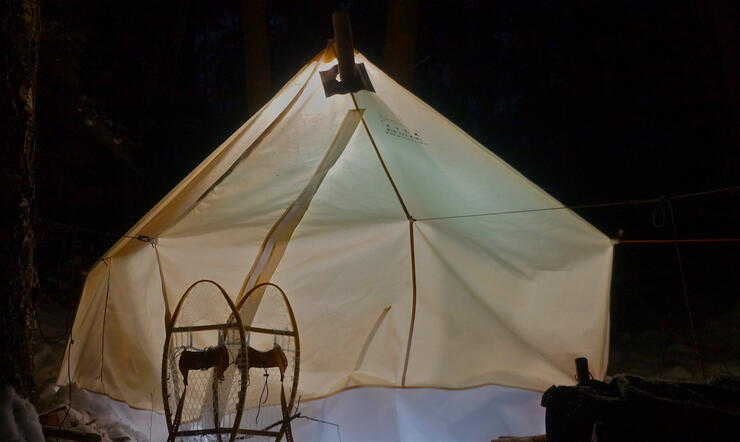
The days are shortened during the winter months, which means you’ll need to pack a copy of War and Peace to read in the tent. Or better yet, go for a night hike and take in the night sky. You’ll see stars like never before, witness a moon dog, and stand in awe under a veil of northern lights streaking across the sky.
Bragging Rights
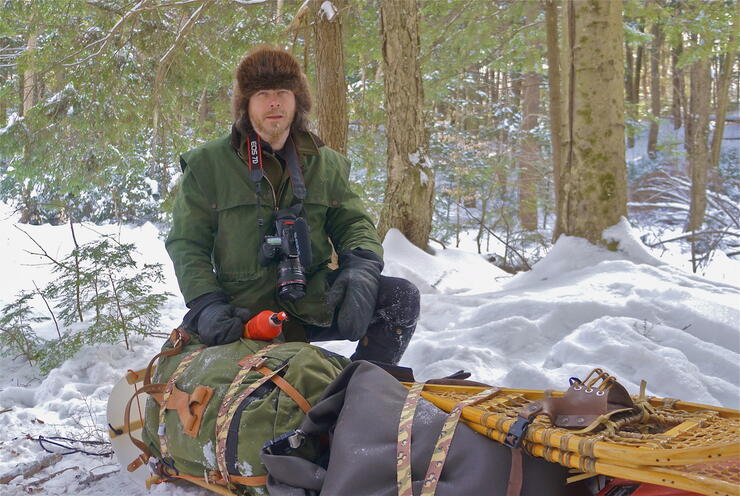
No one wants to admit it but one of the true advantages of winter camping is that you’re doing something abnormal—which means when you spin a tale at the local pub about your trip, people will listen. After all, anyone can tell stories of summer camping but share an anecdote of sleeping in -20 temperatures—and enjoying it—and you’re an instant legend.
Recommended Articles
The Seven's Best Hikes, Biking Trails and Lakes

7 Best Spots to Check Out in The Seven

Budget Bliss: Explore Northeastern Ontario Without Breaking the Bank

Bring Your Fam!

Time to Unwind: 6 Spa Havens to Discover In The Seven
5 Amazing Places to SUP in Northeastern Ontario

5 Amazing Bike Rides to Discover

Northern Lights in Northeastern Ontario

Northeastern Ontario's Best Pride Festivals

Fish for one of the World's Rarest Species of Trout

An Insider's Guide to Manitoulin Island

6 Small-Town Gems to Explore in Northeastern Ontario

11 Best Things to Do in Kapuskasing, Ontario

